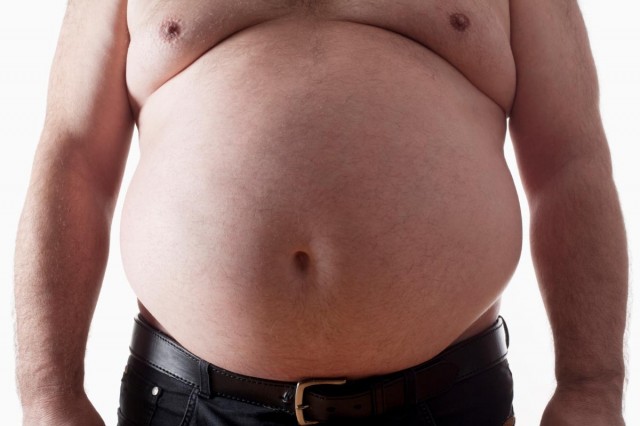The U.S. Food and Drug Administration (FDA) recently approved a contraption that drains a portion of an individual’s stomach contents following a meal.
The AspireAssist contraption is designed to help obese people at least 22 years of age who have never been able to lose weight through alternative means other than surgery. The machine was created by King of Prussia, Pennsylvania-based company Aspire Bariatrics.
In wake of the FDA approval, the device will now be available to certain patients who are having difficulties with obesity. It is being touted as a less expensive and invasive treatment in comparison to bariatric surgery, which is the equivalent of placing a surgical band around a person’s stomach.
Reducing calorie intake
“The AspireAssist approach helps provide effective control of calorie absorption, which is a key principle of weight management therapy,” William Maisel, Chief Scientist and Deputy Center Director for Science at FDA’s Center for Devices and Radiological Health (CDRH), said in a press statement.
“Patients need to be regularly monitored by their health-care provider and should follow a lifestyle program to help them develop healthier eating habits and reduce their calorie intake,” he added.
The portable device is placed by surgeons who insert a tube into the stomach during a procedure that lasts 15 minutes. A small portal known as a skin-port is placed against the skin of the abdomen to gain access to the stomach tube. Around 20 to 30 minutes following a meal, the patient attaches the device’s external connector and tube to the port valve, which opens up and drains the contents. After it is opened, the valve removes the stomach contents for approximately five to 10 minutes. The device removes an estimated 30 percent of the calories ingested.
The FDA perused results from a clinical trial consisting of 111 patients treated with AspireAssist and appropriate lifestyle therapy, as well as 60 patients who received only the lifestyle therapy. After a year, the patients who used the AspireAssist lost an average 12.1 percent of their total body weight. By contrast, control patients only lost 3.6 percent of their total body weight.
Tackling obesity
The clinical trial also hinted that both groups of patients had minor improvements in problems usually latched to obesity, including diabetes, high blood pressure and general quality of life. These improvements may be due to lifestyle therapy, which encompasses counseling for nutrition and exercise.
Patients using AspireAssist require constant assistance by a health care provider to shorten the tube as they melt off the pounds. Regular medical visits are also needed to keep tabs on how the device is used and for counseling on lifestyle therapies. The contraption is also equipped with a safety feature that monitors the number of times the drain tube is attached to the port and automatically quits working after 115 cycles. Patients have to go back for a medical visit to receive a replacement part for the device in order to continue the treatment.
Users of AspireAssist have to chew their food into tiny pieces in order for the device to suck the contents out of their stomach. Potential side-effects of the device include soar throat, bleeding, pneumonia and irritation around the valve on the outside of the skin.
In addition, the device is not intended to aid bulimics. “The AspireAssist device should not be used on patients with eating disorders, and it is not intended to be used for short durations in those who are moderately overweight,” the FDA said in a press statement.
Sources include:


